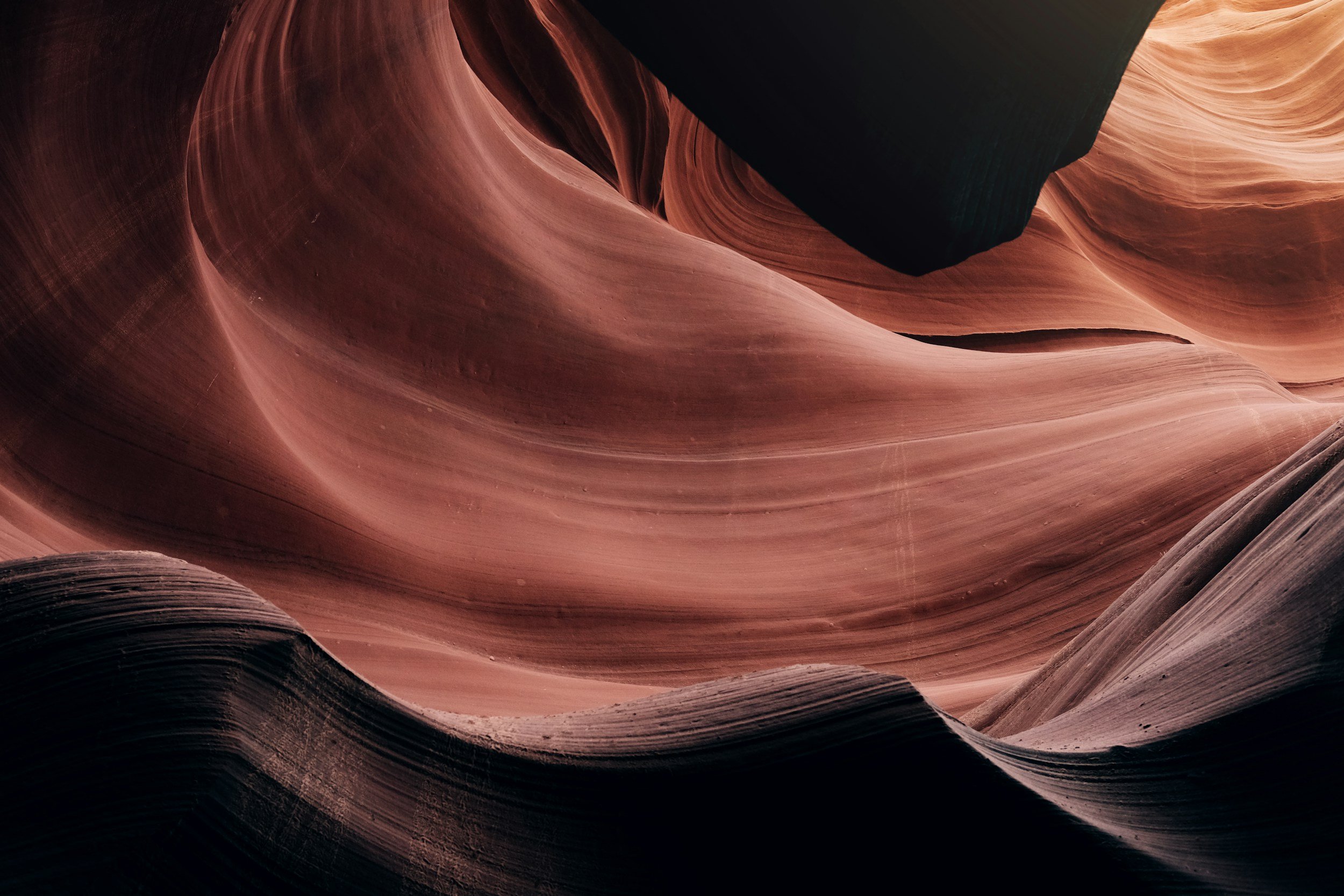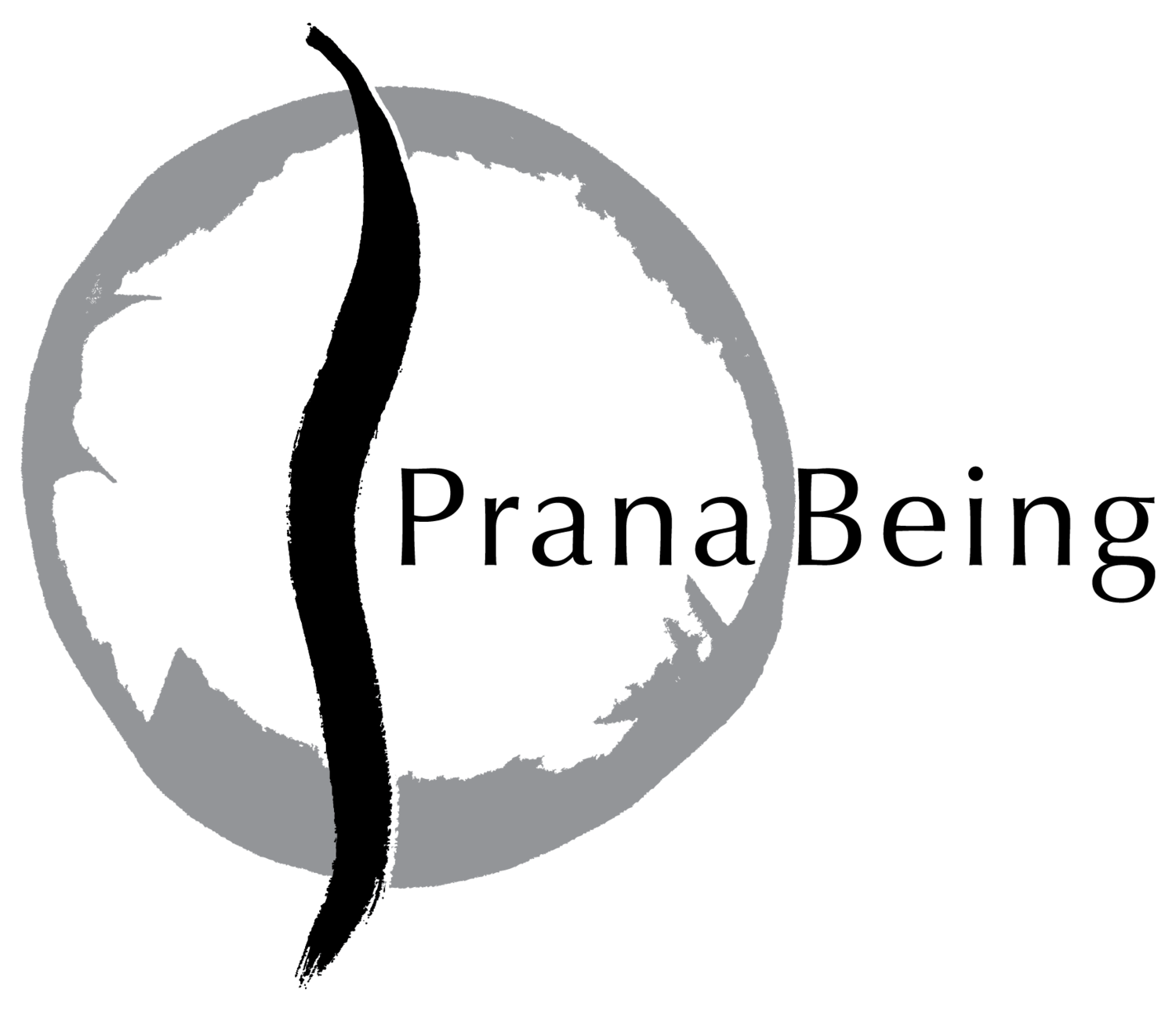
Exploring the workings of health, harmony, integration, and liberation.
An Abundant Challenge
I often ponder the troubles we humans have and how we keep ourselves in a stew of problems. Getting to the root of a problem and discovering truth, if it is to be had, is one of my directives in life.
Closely examining any problem inevitably leads to an examination of our beliefs. Why?
What we believe filters how we perceive. How we perceive defines how we experience. Our experience reinforces our belief…and around we go.
I’ve learned from yoga practice (and verified this by doing things like riding my bicycle for 4,500 miles through record heat) that although there are obviously material limitations, these are not the ultimate factors determining what is possible. James “Iron Cowboy” Lawrence, an athlete who completed 50 full-distance Iron Mans in all 50 US States, in 50 days, said his achievement was 80% mental. The barriers invariably dwell within the mind.
In order to find new solutions to old problems, we need to see things differently. This means we need to examine the beliefs and assumptions that frame our options and actions. When we seek to make real and lasting change, we will inevitably come face to face with obsolete beliefs and the fears that guard them.
Here’s one belief I’d like to challenge that pervades our culture: we associate value with scarcity.
BELIEF: the more scarce something is, the more valuable it is.
CONSEQUENCES:
“creating value” becomes about restricting or withholding resources
value = exclusivity
value is special and uncommon
want what you don’t have
compete with other life forms to “get” what you need
When I want to understand suffering, I ponder the man-made and mind-made world.
When I want to understand how life works, I look to Nature. Here’s what I see:
NATURE’S TRUTH: That which is most essential to life is abundantly available wherever life thrives.
CONSEQUENCES:
Life is fed from the roots. As the mycelium and roots thrive, so does the whole forest. The biggest life forms feed back into the whole.
When the river is allowed to flow freely, all life flourishes. When the water is dammed, a host of problems that need to be “managed” immediately appear.
Every form of life provides a unique and precious contribution to the whole, whether we humans are aware of it or not.
In yoga, there is a practice called pratipaksha bhavana. It basically means “to cultivate the opposite.” This is a powerful tool we can use to disentangle ourselves from particularly sticky habitual patterns. So what would it be like if we reversed our concept of value = scarcity?
What if we built an economy based on the assumption that value = abundance?
What if we dedicated our efforts to ensuring that the things that are most valuable remain widely available and accessible—not only to humans, but to all life?
In yoga we learn that approaching our edge - the limit of what we know/believe/have experienced as possible - reveals fears we have held unconsciously. These fears have defined the way our world works. They have prevented us from exploring further by acting as boundaries for our experience. They are assumptions, not truths. Once they are revealed, we can challenge them with persistent, gentle, conscious experimentation. More often than not, I’ve discovered that these fears don’t hold up to the experiential test.
What comes up when we consider shifting our economy towards a model of abundance rather than scarcity?
“Doesn’t lack drive exchange? Doesn’t lack motivate people to better themselves? The idea that everyone could be provided for is ‘just unrealistic.’ The free flow of resources limits my personal freedom! How can we prosper without profit?”
My experience shows me with 100% consistency that energy and consciousness innately flow toward subtler, more complex, and higher levels of evolutionary function.
My hypothesis is that if we were to embrace an economy based on symbiosis, collaboration, interdependence, abundance, and reverence for life, we would not only begin the real work of healing our planet, we’d also see humanity access new levels of innovation, creation, harmony, and new realms of conscious experience.
What is the first step towards exploring this shift?
I’m offering it here. It’s to consider the possibility that we are operating under inaccurate assumptions, and that we have the response-ability to change it, using the choices that are available to use on a daily basis, starting now.
The bottom line (pun intended) is that we do not have to perpetuate limiting paradigms that cause suffering, whether personally or collectively. We can encounter our fears, courageously embrace new ways of being in and seeing the world, and take one step into the unknown. Then another step.
What is one way you could celebrate and elevate the value of something abundant in your life today?
What is one way you could ensure that something of value is accessible to everyone you meet today?
What is one tyrannical belief representing “the way things are” that you could challenge for yourself?
PranaBeing blog: Woah, Dude!
We live in a fractal universe. This means that everything is encased within everything. The intelligence within a piece of DNA is reflected in the cell, and again in the tissue, in the organ, in the system, in the organism…and so on, out into the galaxy and beyond.
Ancient yogis explained it like this:
Yatha pinde tatha brahmande, yatha brahmande tatha pinde. - Yajurveda
As in the microcosm; so is the macrocosm; as is the macrocosm, so is the microcosm.
Nearly every aspect of our existence is unfathomably deep. We can “drill down” into something as simple as the breath and enter worlds of complexity and revelation.
We can step into a fresh start at the dawning of day…and just as readily claim a fresh start in each new moment, if we but know how to scale our attention.
Fractals are dynamics allowing for infinite complexity, displaying the splendid creativity of Life. My Teacher once told me, “If you want to know Nature, look within your own body.”
The same truth applies: if you want to know your Self, immerse in the experience of Nature.
Likewise, “Be the change you want to see in the world.” Why is this necessary?
Because, you are the world. When I say, “Wake up to who you truly are” I am inviting you to embark upon a fractal journey of discovery.
One place to begin this journey is by considering that you—every last fleck of DNA, every thought, emotion, every action you have taken and will ever take—ripples out into the whole. You are a unique and irreplaceable part of All That Is.
As a human being, equipped with the potential to be self-aware, you are literally at the center of the known universe, in this moment, as you are experiencing it.
If everything I have just written about is a fool’s fantasy (which is somewhat likely, knowing me) - it may or may not change your life too much.
On the other hand, what if this is true?
Please start at the top of this post and read it again, as if every statement were speaking directly to you, about you.
Do you want to know who you are?
If so, what is your next step?
